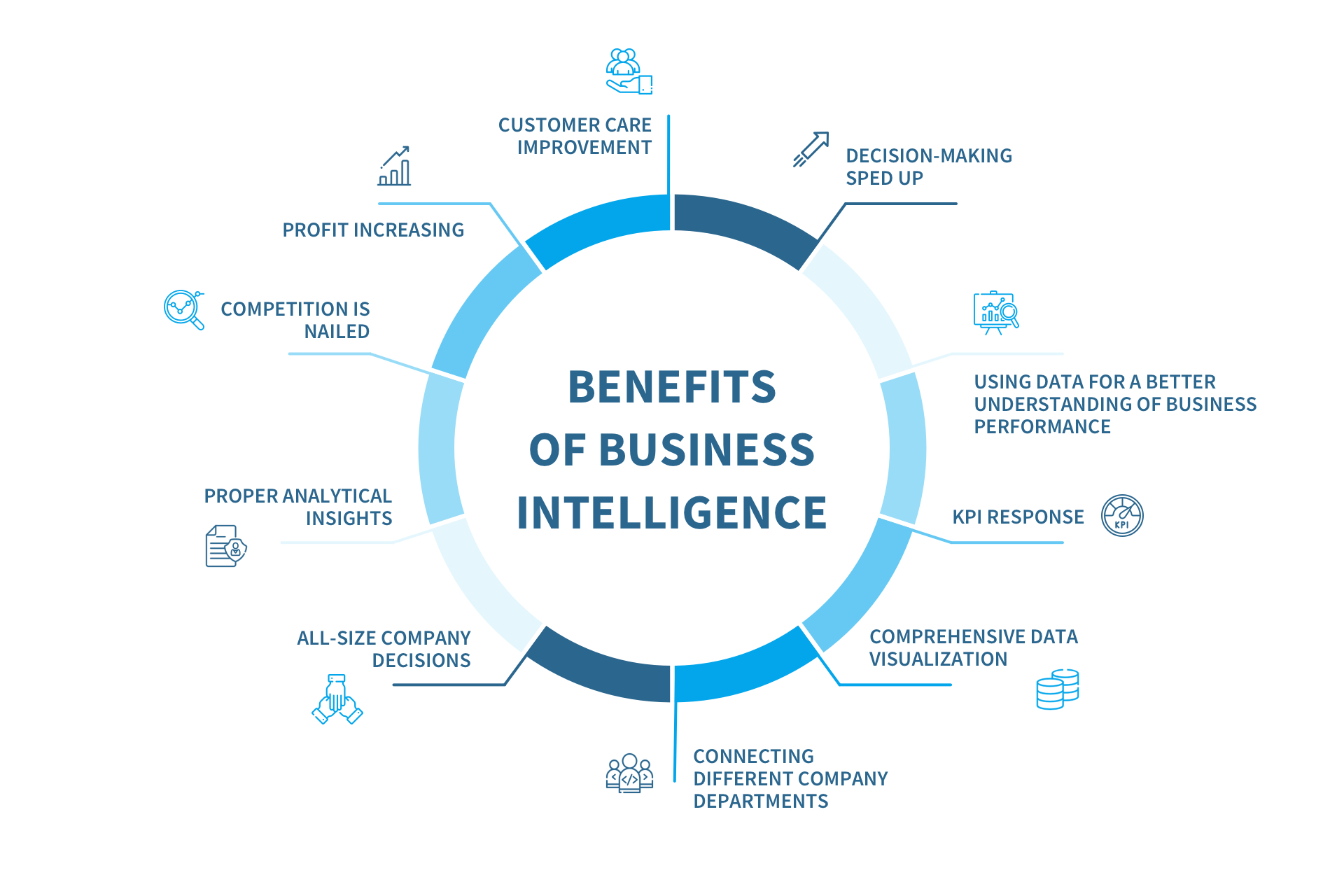Technology is like a large umbrella covering different facets which take human effort to unveil itself. New levels come out every day, and new things are inventions to make physical work easier and take the business to a higher stage. Digital marketing is one of the facets of technology where companies do not need physical contact to work with clients. In a world where the digital age has taken over, how do you maintain a competitive advantage in the marketing industry?

Since customers are one of the pillars of the marketing industry, business intelligence is like a strategic program that highlights essential customer data and uses it to influence the market. Business intelligence & analytics oversees a company’s transactional flow from the planning stage to the selling stage, ensuring that the result is perfect or satisfactory. With current insights (facts, statistics, and potentials) in the market, a digital business can coin out an online marketing strategy at the planning stage and know the working budget, the time of procession, and a customer’s charge.
How to use Business intelligence for digital marketing
To use Business intelligence to fine-tune your marketing strategies, you need to work with the following steps:
Data Compilation

Before creating any business strategy, you need to get genuine information about your customers (past, existing, and potential). If it is a new market space and you are trying to test the waters, you can compile clients’ statistics from various sources. When collating information from different outlets, always remember to work with facts that may be relevant to your marketing strategy.
Data Procession
You can work with a business analyst or a data analyst to surf through your collation, pick out relevant information, and determine a strategic action for a solid digital movement. Facts and statistics can hold ideas that may be crucial to your company’s pertinence in the market. You need an expert to clean and separate applicable notions from the insignificant ones according to your business goals.
Strategic planning

Picking out relevant information gives you a detailed understanding of your marketing assignment and the actions you would carry out to achieve your business goals. Since most digital companies work with teams, it is vital that all team members can appreciate your purpose and work willingly to achieve it. Strategic planning involves a presentation of insights in detail and ideas, alongside suggestions on how to work with them.
Benefits of Business Intelligence in Digital Marketing
![]()
- More effective marketing strategies
- Sales Development
- Consistent customer satisfaction
- High-Income generation
- Targeted marketing movements with fruitful results.
Conclusion
Since Digital Marketing is a consumer-based industry, Business Intelligence can develop and provide a significant comprehension of the market and the strategies needed to ensure customer satisfaction. Companies should use Business Intelligence at intervals to gain new insights into the market, especially when there is a substantial change in the market.


